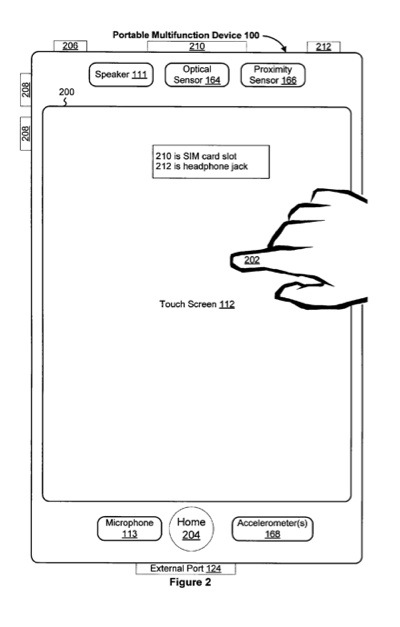The global digital map market size is estimated to reach $16 billion by 2027, registering a compound annual growth rate of 13% from 2020 to 2027, according to Research and Markets.
The research group says the market is expected to witness significant rise in demand from navigational application developers and Geographical Information System (GIS) providers, driven by a growing end-user base. The prolific rise in the number of smartphone and internet users has further augmented market growth. Moreover, growth in the number of connected and semi-autonomous cars and anticipated developments in self-driving and navigation technology, among others is expected to drive the demand for digital maps.
Research and Markets says digital cartography has been gaining increasing attention in recent years owing to a rapid growth in demand for geospatial information. Applications such as smart parking, location, traffic and congestion intelligence, and logistics management need routing and congestion updates in real time. As digital cartography has been developing at a rapid rate, it can support these applications with data feeds and information. The research group says that, in addition, the increasing number of businesses that are using location-based services for marketing and advertising is also estimated to accelerate the demand in the forthcoming years.
Digital mapping is also finding renewed demand in the government and public sector as the demand for environmental and topographical information systems is on the rise, according to Research and Markets. What’s more, the need to maintain an updated information system for law enforcement officials, defense forces, and local governing bodies in light of recent manmade and natural threats is anticipated to propel the demand for maps.
Smooth interaction between maps and information systems is one of the most important criteria for product success in the market owing to which vendors are expected to focus more on data integration over the forecast period. Research and Markets says that, as the digital map industry matures, key players are anticipated to indulge in mergers and acquisitions in order to keep abreast of the market developments and maintain a competitive edge in a rapidly evolving technological landscape.





